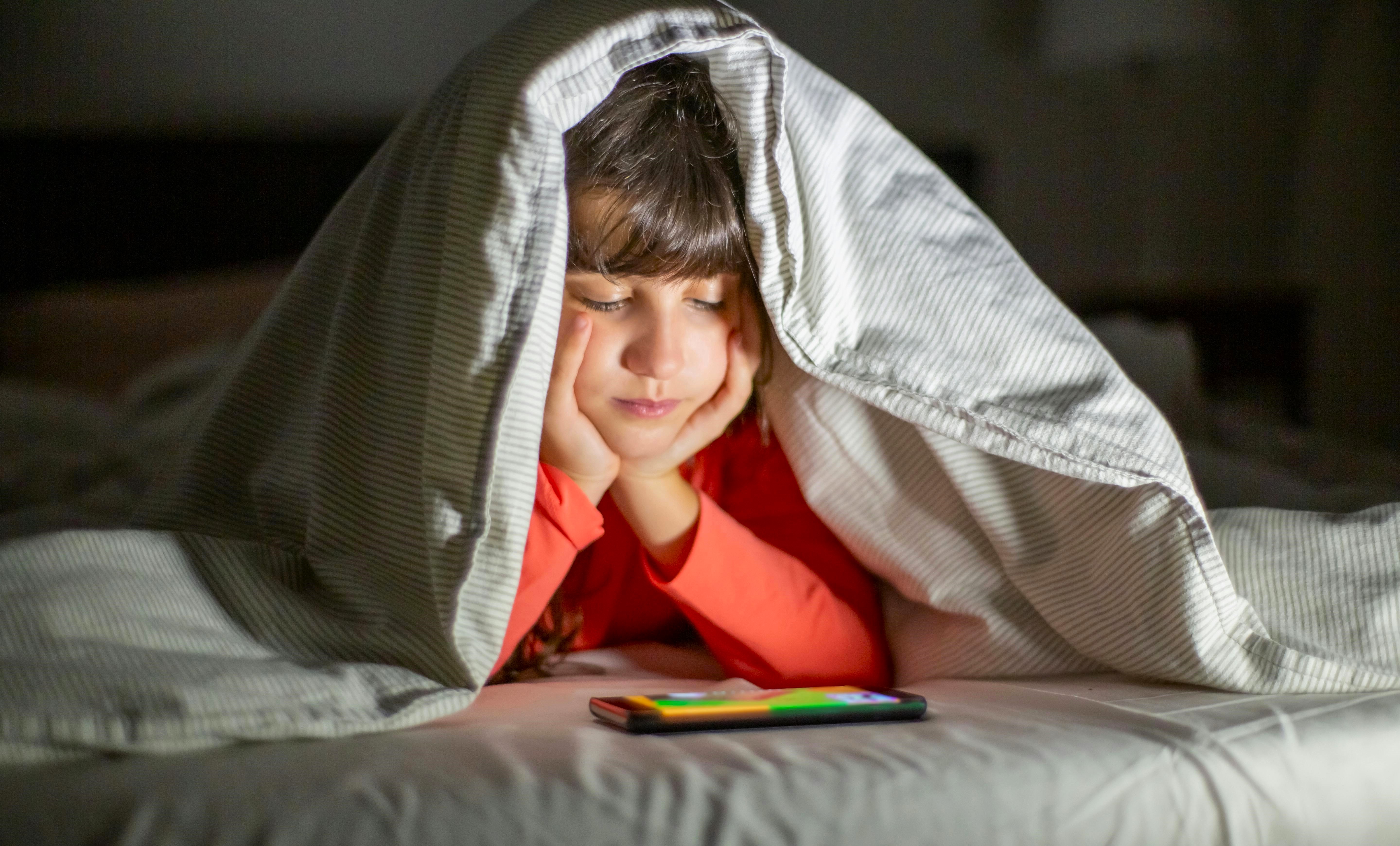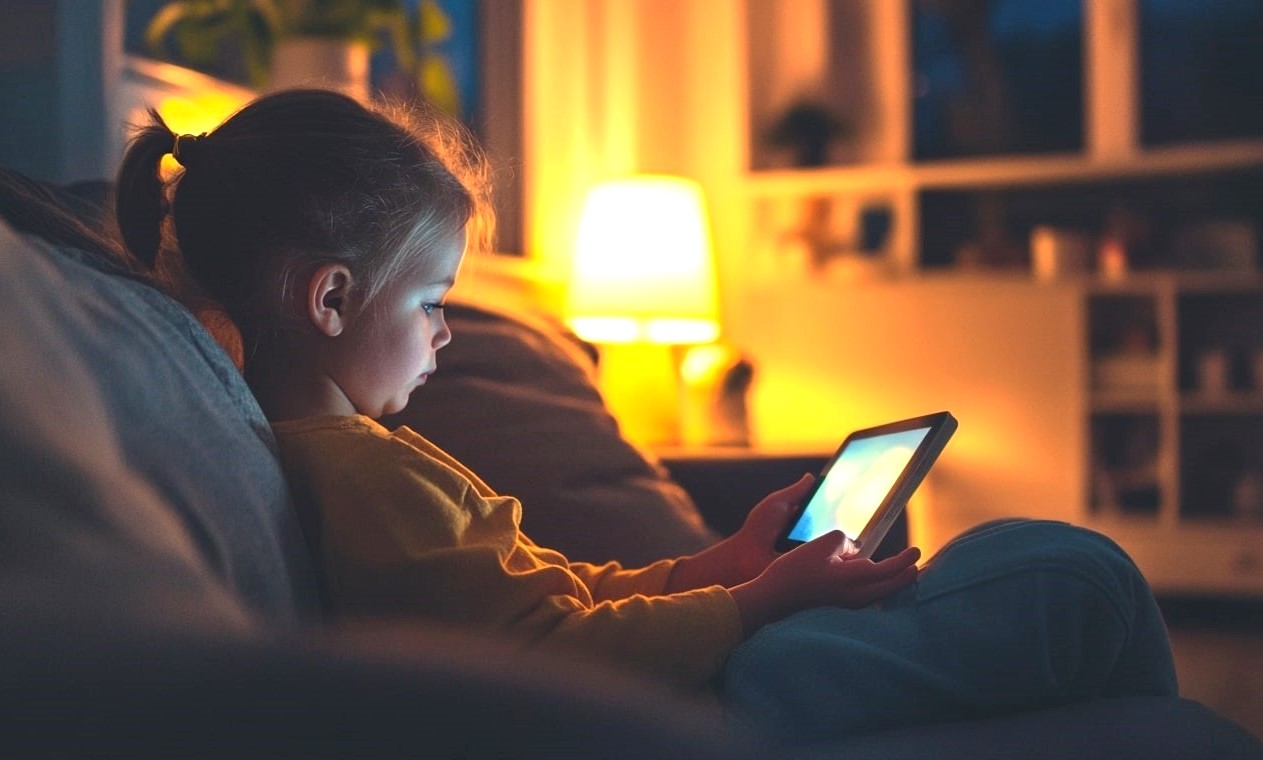Recent social media bans have shocked the world. Should, would, could our island ever follow suit?
You’ve got Facebook, right? Of course you have – Cyprus has one of the highest user rates in the world. As of November 2024, reports suggest the island had 1,282,100 Facebook users. Which basically gives us close on 100 per cent saturation!
Okay, so what about X (or BlueSky, for everyone who’s had enough of Elon Musk)? Do you have LinkedIn, or Instagram, or TikTok? Maybe you’re using Messenger, WhatsApp or Viber?
According to Eurostat, Cyprus has the second highest rate of social media participation on the continent after Denmark. 83 per cent of the population actively engaged last year – well above the EU average of 59 per cent.
Boomers (aged 59 to 77) inhabit Facebook, which is now considered a legacy platform. Gen X (aged 43 to 58) tend to prefer LinkedIn, Pinterest, and Reddit. Millennials (aged 28 to 42) are so active – especially on Instagram – that it’s a miracle they ever sleep. And our Gen Z (aged 12 to 27) is huge on TikTok and SnapChat.
Social media is so all-pervasive on this island that even your yiayia probably sends you Viber messages about Sunday lunch. But today, we’re looking not at our elderly. We’re focusing on the younger generations. Because there are interesting changes afoot…
You’ll have heard that the US is banning TikTok entirely from January 19. Apparently, it’s a matter of national security: concerns about data privacy have prompted lawmakers to take a hard stance on everyone chronicling their cat’s antics, dance moves, meal preps and boyfriend’s infidelity.
The US isn’t alone: in February 2023, Canada prohibited TikTok on all government-issued devices for reasons of ‘privacy and security’. Australia followed suit.
But social media as a whole has also come under fire.
France recently passed laws to restrict social media access to minors. In Florida, an under-14s ban is in court at the moment. And then, in November 2024, Australia went one step further…
You’ll have seen the headlines – ‘Australia bans all social media to under-16s’. Well, that’s not quite true.
This ground-breaking legislation prohibits anyone 16 or younger from accessing TikTok, Instagram, Snapchat, Reddit, X, and Facebook. But it still allows the use of essential communication and educational tools, such as WhatsApp, Viber, Messenger Kids, and YouTube.
The law forces tech giants to stop kids from logging in to social media – or face a fine equivalent to €30 million. And the Australian Prime Minister has suggested that “Platforms now have a social responsibility to ensure the safety of our kids is a priority for them.”
Does he have a point? On one hand, social media is a vital tool for communication, education, creativity and connection – especially in today’s globalised world. On the other, such platforms can foster cyberbullying, misinformation and addictive behaviours that damage mental health – especially in younger children.
There’s clearly a tide here. And it’s highly divisive.
In Cyprus, we have no such notions yet. Although, in 2023, our digital security authority issued a TikTok advisory, which asked us to ensure our accounts were private rather than public; to use two-factor authentication; and to be extra cautious over links.
“I think the island would struggle to get parents to support any ban on social media,” suggests Costa Constanti, a Nicosia-based, Melbourne-born political and social analyst. “Because social media is Cyprus’ babysitter!”
“That’s not necessarily the parents’ fault,” he adds. “In Australia, there are countless social spaces for kids: parks on every corner, youth clubs, cricket clubs, community centres, skate parks – there’s a dynamic out-of-school element that Cyprus lacks.
“Here, there are no safe spaces to leave the kids where they won’t be subject to negative influences except for the food courts at the malls. But that offers nothing other than an early introduction to obesity! So kids are forced to socialise online. And that means they’re more likely to encounter e-bullying, exploitation, and sexting…”

A recent study found that along with gender, social connection to friends, and routine cell phone use predicted the risk of becoming a victim of non-consensual sexting. Another study suggests that, in more traditional countries such as Italy, Greece and Cyprus, it’s actually teen boys (rather than teen girls) who are most likely to try sexting.
“It’s obvious, isn’t it?” asks Limassolian mum of three, Dina Iordanou. “If you have a bunch of kids with nothing to do except spend time online, they’re not only going to be exposed to risky behaviours – they might also start indulging in them!
“I worry about who my kids interact with in real life, let alone on the internet. This isn’t the Cyprus of the old days, when your kids could freely roam the village in total safety. Now, they’re glued to their screens, talking to strangers, exposed to who knows what.
“To be honest, if social media was ever banned for Cyprus teens, I’d fully support it!
The kids, however, may have other ideas.
“I’m on social media like four hours a day, mostly Snapchat and TikTok,” says 15-year-old Chara. “If they banned social media, I’d feel cut off. Like, how would I even talk to my friends or know what’s happening? It’s not just fun; it’s how we all stay connected. I have friends in other countries – social media is how I talk to them.”
As an island, Cyprus has always known what it means to be cut off – from the world, from opportunity, from other communities. For young people, social media bridges the isolation, offering a way to connect, share and belong beyond physical boundaries.
And, says 14-year-old Michael, in the modern world, social media has become a necessity for younger people.
“I’m on YouTube and TikTok a lot, mostly to work out things like coding or maths stuff – things my parents don’t even understand. They didn’t learn this stuff in school, so I have to find it online.
“Social media is how my generation figures out the world,” he concludes. “I hope Cyprus never stops social media. Or all my doors would close.”






Click here to change your cookie preferences